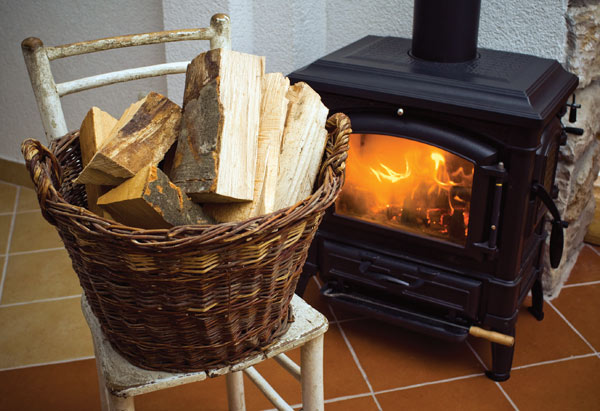The changes reflect the higher thermal performance of new homes built to the 2008 building code requirements for insulation, glazing and apartments and will come into force on May 12.
The heating assessment tool on the Tenancy Services website will be updated at that time.
The existing heating assessment tool remains suitable for most of the rented housing stock in across the country.
Buildings which are not apartments and are not built to the 2008 building code requirements for insulation and glazing will still need to comply with the current healthy homes standards heating requirements.
The changes to the heating standard will generally enable smaller heating devices to be installed in new homes built to the 2008 building code requirements for insulation, glazing and apartments.
The updated formula for these building types will ensure tenants benefit from a living room which can be heated to 18ºC on the coldest day of the year by using the assumed external temperature assumptions for the location in schedule 2 of the Healthy Homes Standards.
To assist in transitioning to these new arrangements, private landlords of new homes built to the 2008 building code requirements for insulation, glazing and apartments will benefit from a revised deadline to meet the heating standard.
Their 90-day compliance period will not start until six months after the changes come into effect, providing a grace period of up to nine months.
The government has also agreed to provide more flexibility and cater for properties with innovative and energy-efficient technologies.
Developers can access an alternative route to complying with the heating standard. Under this route, a specialist can certify that a rental home’s heating system will be able to heat the living to 18ºC on the coldest day of the year. In many developments a heating specialist will already be engaged for code compliance and/or design purposes.
Where qualifying heaters were installed prior to July 1, 2019, the standards will also change the electric heater ‘top up’ allowance from 1.5kW to 2.4kW.
The trigger point to top up or replace existing heating installed before July 1, 2019 has also been revised to existing heaters that are at 80% of the required heating capacity, reduced from the current 90%.
Once the heater needs to be replaced due to wear and tear it will need to meet the full requirement of the healthy homes heating standard.
Other planned changes include providing an exemption from meeting the heating standard for the small number of rental properties which use direct geothermal heating for which the heating capacity is not stated.




 Search
Search
